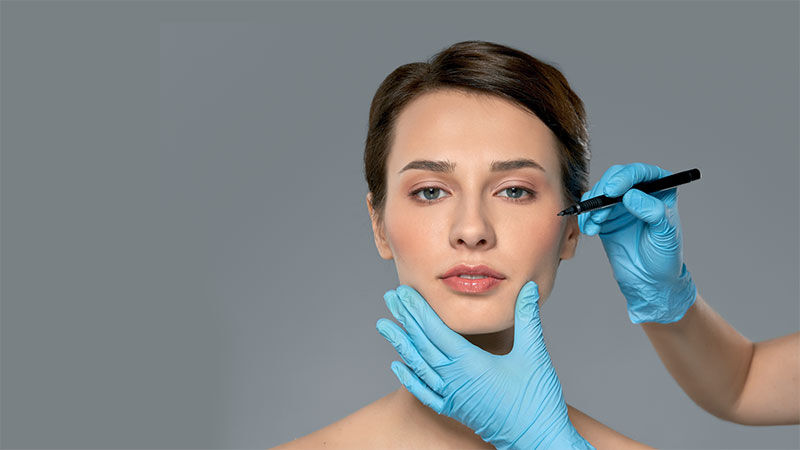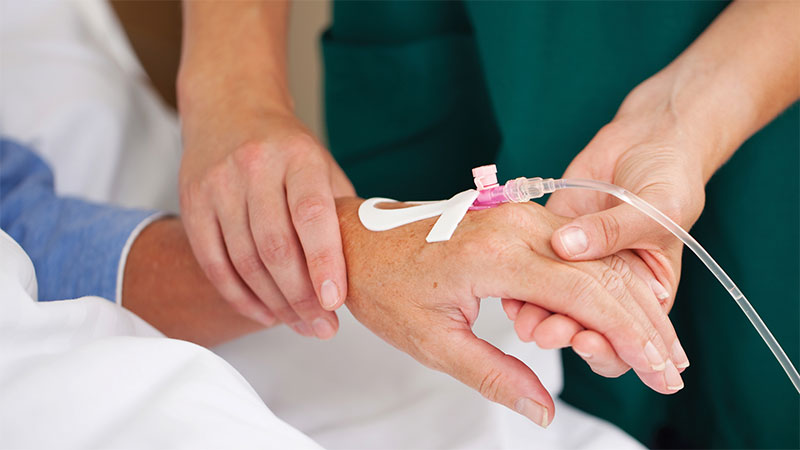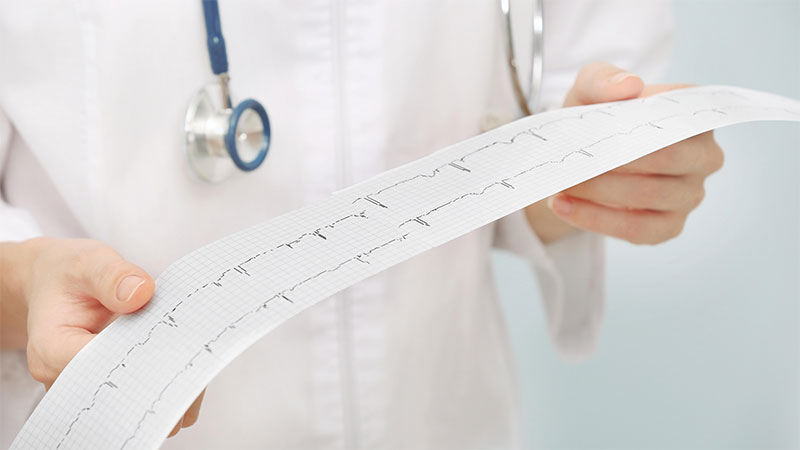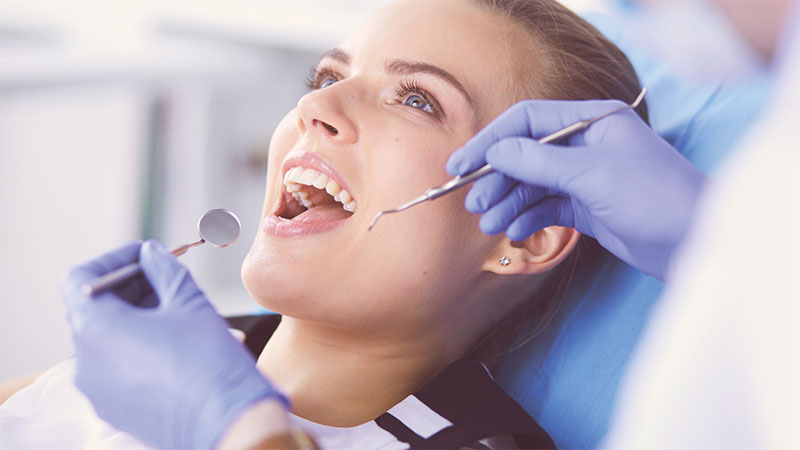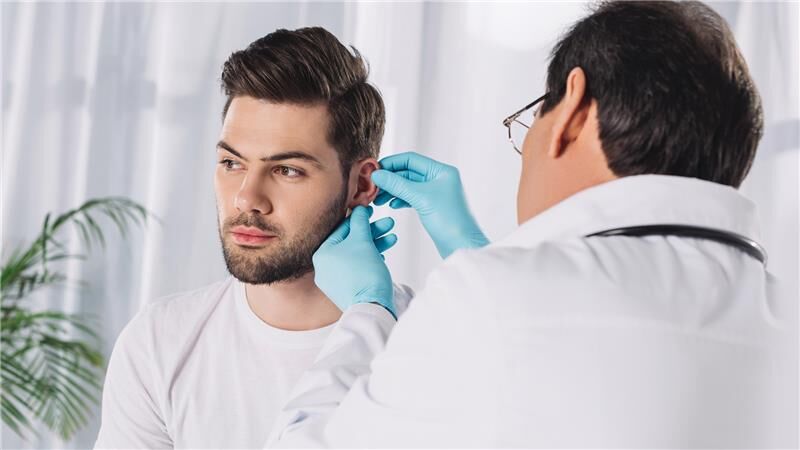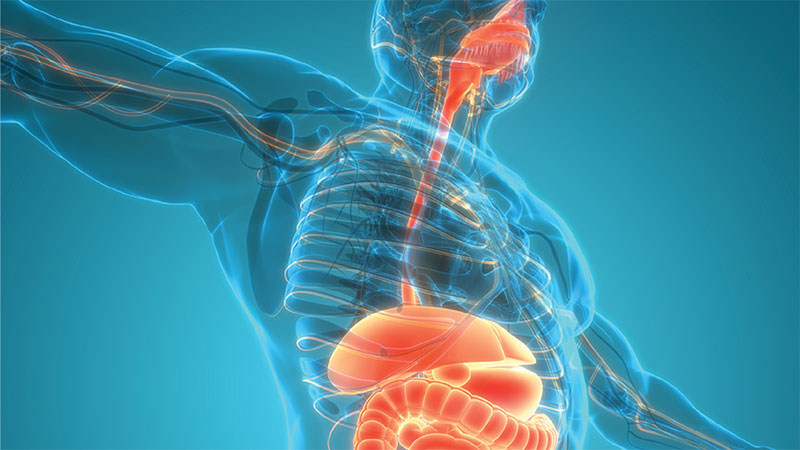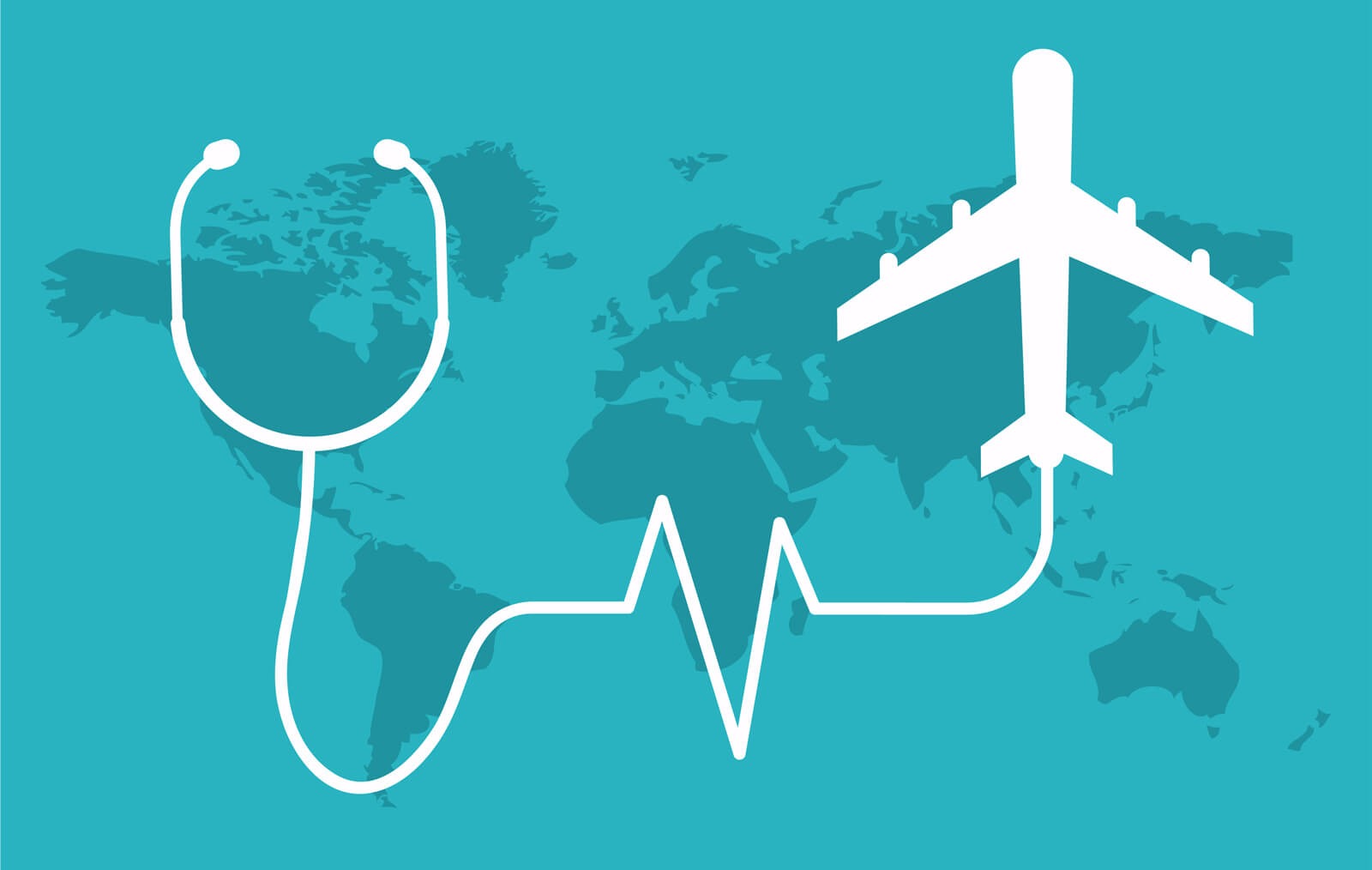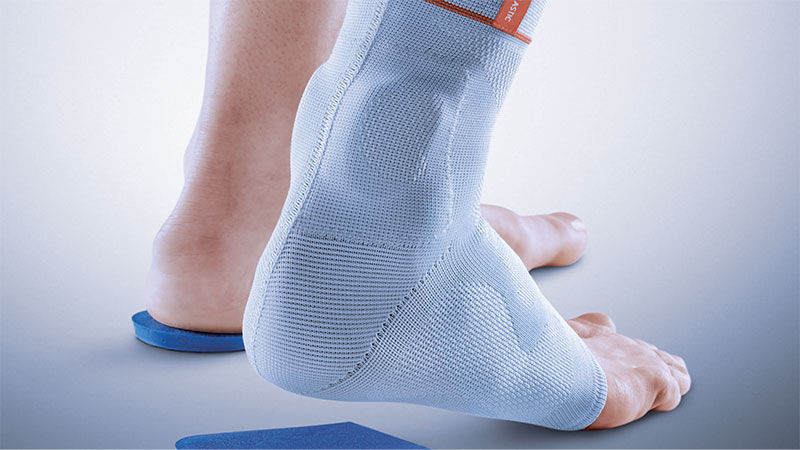Trabzon Health Check Up
Trabzon Health Check Up
A general health screening to find out about a person's health status, to identify their possible problems or risk status is called a check-up. General health assessment can be done with check-up packages including certain blood tests and imaging tests specific to the age group and gender in order to assess whether the patient has any health problem that has not showed any symptom yet. For the patients who generally do not have any complaints, check-up screenings should be done regularly to protect their health; these screenings should be repeated more frequently as they get older.
Check-up packages vary depending on a person's health history, genetic predispositions, age and gender. Standard packages are available for men and women in a certain age group. After determining the most suitable package for the person, some adjustments are made to comply with the medical history of the person in the best way, then the procedure starts.
Biochemical examinations
Radiological imaging
Diabetes screening tests
Cardiological scans
Examination of blood fats, essential vitamins and minerals
Liver function tests
Kidney function tests
Thyroid tests
Some screening tests used in cancer diagnosis
The radiological examinations included in all check-up packages are as follows:
Chest x-ray
Whole abdominal ultrasound
Thyroid ultrasound
The basic biochemical analyzes during check-up are as follows:
Hemogram (Complete Blood Count)
Urine test
Markers of inflammatory conditions such as sedimentation and CRP
Markers of rheumatic disease
Cholesterol and triglyceride tests
Protein status
Parameters that indicate kidney and liver function
Some parameters related to blood sugar and diabetes
Basic vitamin and mineral level
In addition to all these scans, some of the screenings that differ depending on the age group and gender include the following:
Cardiological tests, which include echocardiography (ECHO Doppler) and ECG tests for individuals under the age of 40
Extra effort ECG (exertional cardiovascular stress test) in addition to ECHO doppler depending on the content of the check-up package for individuals over the age of 40
Thoracic tomography, carotid Doppler examination, and coronary calcium scoring, optionally instead of chest x-ray, depending on the check-up package for male patients
Coronary CT angiography, chronic infection screening tests, thoracic tomography and carotid doppler ultrasound in extended content of check-up packages
Bone density screenings for individuals in the geriatrics group over the age of 65
Gynecological examination and gynecological ultrasound, cervicovaginal smear test and HPV smear tests in women's check-up packages
Breast ultrasound and, if necessary, breast MRI in women under the age of 40
Breast ultrasound and mammography, and if necessary, breast MRI in women over the age of 40
PSA (prostate-specific antigen) test and prostate examination on abdominal ultrasound for urological examination in men aged 40-65 years
In order to determine the exact content in check-up programs, a preliminary interview and examination should be done by a physician. Although certain standard packages have been developed according to age and gender, if there are genetic predispositions in the family, diagnosed chronic diseases, smoking and alcohol habits, or a history of drug use, different packages should be preferred accordingly. Geriatric check-up programs can be preferred for patients over 65 years of age. In addition to the check-up packages according to age and gender group, the person can add different panels in their packages. These include additional panels for the evaluation of following disorders:
Cancer,
Heart diseases,
Allergies and food intolerances,
Infectious diseases,
Bone health,
Sleep health,
Mental functions and memory,
Rheumatic diseases,
Anti-aging and immune system.
In addition to the basic check-up packages, patients can benefit from these scans, which are included in the package by evaluating the complaints, medical history and family history of the patient. It is useful to decide on the final screening plan by considering the physician's evaluations, the patient's expectations and current complaints as a result of the physician and patient interview. Thus, while determining a more suitable and effective screening program for the patient, it could be saved from time and money by excluding unnecessary tests from the plan.
- Days Locations 2 / Treatments






